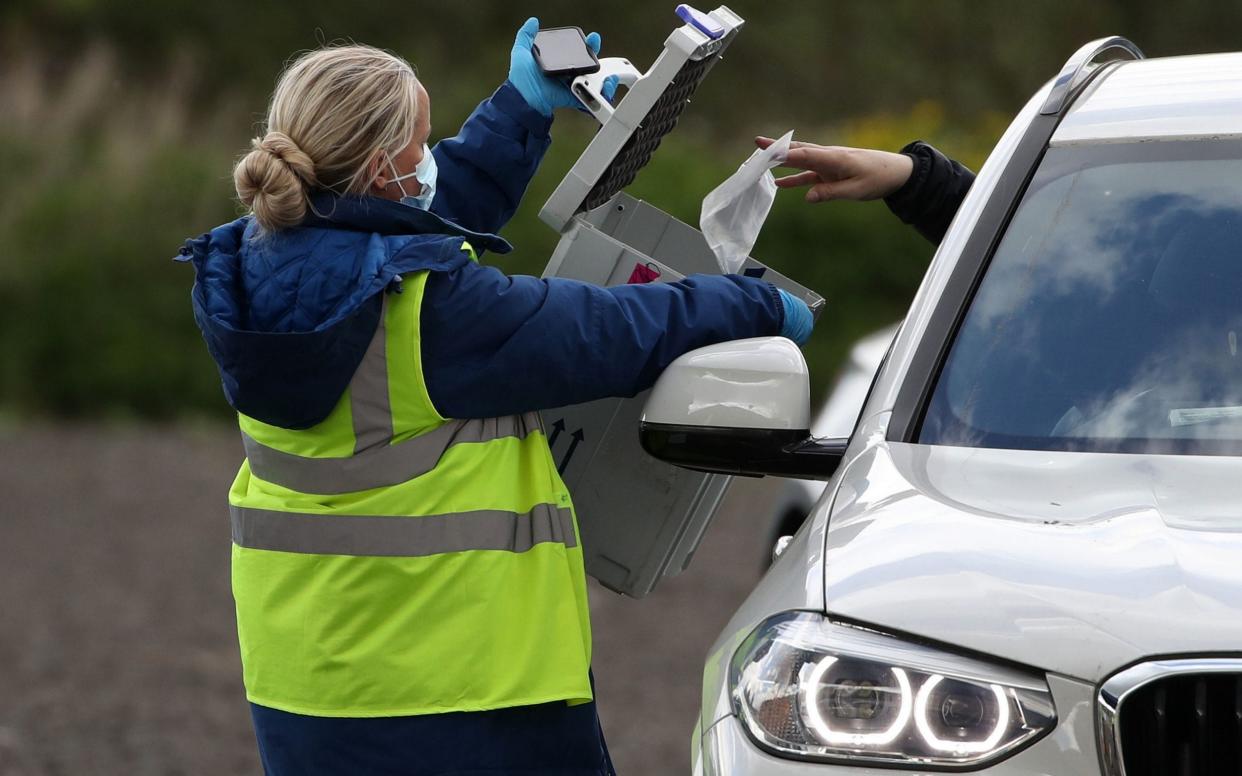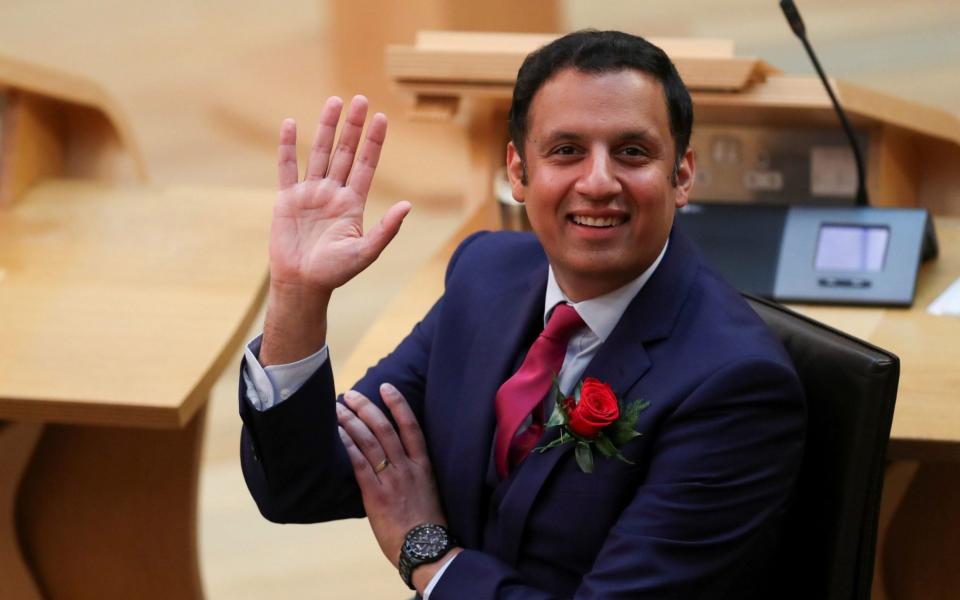Nicola Sturgeon urged to call in Army to get Glasgow out of lockdown

- Oops!Something went wrong.Please try again later.
- Oops!Something went wrong.Please try again later.
Nicola Sturgeon was urged on Tuesday to call in the British Army to help get Glasgow out of lockdown amid warnings the city is "at breaking point" over the "unfair" restrictions.
SNP ministers have been accused of "inconsistency in messaging and decision-making" over the move to keep Scotland’s largest city under Level 3 restrictions, making it the only place in Great Britain where residents can’t visit each other inside their homes and hospitality businesses can’t serve alcohol indoors.
However, Ms Sturgeon signalled on Tuesday that there is reason for "cautious optimism" about the city’s outbreak amid signs that cases are now stabilising.
Speaking at a coronavirus press briefing, Ms Sturgeon said that while case numbers are rising, they are still "quite low relative to the situation we experienced in the early part of this year", adding that this also applied to hospital and intensive admissions.
She confirmed that 97 people are in hospital across Scotland with recently confirmed Covid-19, a rise of three compared to Monday. This is still a sharp fall from the more than 2,000 patients in hospital in January. Just six are in intensive care.
Warning that "we can’t afford to have perpetual lockdown in Glasgow", Scottish Labour leader Anas Sarwar said ministers "should not be afraid" to call in the Armed Forces to help tackle the outbreak seen mostly in the city’s Southside.
"In other parts of the UK we have not been afraid to call in the British Armed Forces if necessary to get more capacity on the ground," he said, adding that the SNP’s efforts to get Glasgow out of lockdown so far have been "timid".
He also demanded that mass testing be carried out in the worst-affected areas on a door-to-door basis if necessary, with pop-up vaccination clinics also being suggested so that those living or working in hotspots could get jabs without having to book an appointment.

"I understand the First Minister is saying they’re now looking at setting up these pop-up vaccination centres - what are they waiting for? We knew this was a hotspot over a week ago," he said.
It comes after SNP ministers faced demands on Monday to urgently fix Scotland’s vaccine booking system after it emerged around half of people at a major hub in Glasgow failed to turn up for jabs at the weekend.
While Mr Sarwar stressed he had been "supportive of the Government's cautious approach since the outset of this pandemic", he also made clear that "there comes a point where timidity has to be called out" and warned that "ongoing lockdown is in itself a mental health and well-being crisis".
Mr Sarwar also questioned the rationale of SNP ministers keeping the entire city under tighter restrictions in light of positive vaccine data.
"One of the concerns being raised was we need to carry on these restrictions because we don’t yet know whether the vaccinations are as effective on the new variants as they are with previous," he said. "We now know they are, we have research that shows the vaccination is effective on the new variants."
He added: "It’s not fair if you’ve got two postcodes with hotspot areas and the entire city is shut down."
Meeting with business leaders in the city's George Square, Mr Sarwar also demanded "more significant" financial support be made available to firms who have been affected.
Hospitality venues have been hit particularly hard by the restrictions, with the SNP only offering £750 per week to affected businesses despite estimations that Level 3 measures cost pubs and restaurants at least £7,000 per week.
When asked about Mr Sarwar’s comments, Ms Sturgeon said the Scottish Government would call in the Army "when and if we think that is required".
"As I am sure the Scottish Labour leader knows, health teams have been going door-to-door in parts of Glasgow's southside, delivering tests, encouraging testing," she added.

